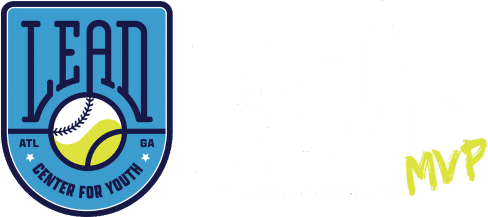In the world of baseball, the term “excellence” is often tossed around like a well-worn glove, but what does it really mean? For many, the idea of excellence has been conflated with the notion of “going above and beyond.”
But I believe that true excellence lies not in surpassing expectations, but in meeting them consistently and precisely.
When I coach my hitters, I emphasize the importance of clarity—understanding what is expected of them and then determining if they have the time, energy, and ability to meet those expectations. This approach isn’t just about being a good team player; it’s about mastering the art of execution. Excellence is not about overextending yourself; it’s about delivering exactly what is asked of you, with precision and reliability.
The Conversation: Understanding Expectations
Let’s break down this concept with a typical scenario on the field:
- Coach: “Hey, I’m thinking about putting you in the cleanup spot today. How do you feel about that?”
- Player: “Coach, I’d love to. But what do you expect from me in that role?”
- Coach: “As our cleanup hitter, I need you to drive in runs, especially with runners on base. You’ll likely face situations where we need to capitalize on scoring opportunities.”
- Player: “Got it. So, you’re looking for solid contact and situational awareness at the plate, right?”
- Coach: “Exactly. I’m not asking for home runs every time. I want you to focus on getting those runners in, whether it’s with a single, double, or even a sacrifice fly.”
- Player: “I feel confident I can deliver that. I’ll focus on making solid contact and being smart about my approach.”
In this exchange, the player seeks to understand exactly what is expected before committing to the role. By clarifying expectations, they can tailor their approach to meet the coach’s needs. If the player successfully drives in runs and executes in critical situations, that’s excellence—not because they have gone above and beyond, but because they’ve met the precise expectations set before them.
The Assessment Phase: A Time for Exploration
From August to October, I guide my hitters through what I call the Assessment Phase. This is a period for experimentation, where batting averages take a backseat to exploration and growth. During these three months, I encourage my hitters to try new things—to discover what works and, just as importantly, what doesn’t.
The goal here is not to achieve immediate perfection but to develop athleticism and adaptability. Being athletic, in this context, means having the ability to get things done even when you’re venturing into uncharted territory. It’s about embracing the process of trial and error, understanding that failure is a crucial part of eventual success.
I don’t expect my hitters to come out of the gate swinging a perfect average during the Assessment Phase. What I do expect is commitment to the process. If they dedicate themselves to trying new approaches, techniques, and strategies during these three months, that’s excellence.
It is about the discipline to experiment, learn, and grow without wearing themselves out by chasing unrealistic standards.
Redefining Excellence
Excellence in baseball—and in life—is not about exhausting yourself to exceed every expectation. It’s about doing what is asked of you, doing it well, and doing it consistently. It’s about understanding your role, setting realistic goals, and executing with precision.
So, when you step up to the plate, remember: Excellence isn’t about how far you go beyond the call of duty, but about how reliably you fulfill it. And during the Assessment Phase, embrace the opportunity to grow, knowing that your commitment to the process is what truly defines excellence.
For more information, visit L.E.A.D. Center for Youth today.
If you found this inspiring and thought-provoking, or if you have any questions, comments or concerns, add me on Discord and let’s go deeper.
C.J. Stewart has built a reputation as one of the leading professional hitting instructors in the country. He is a former professional baseball player in the Chicago Cubs organization and has also served as an associate scout for the Cincinnati Reds. As founder and CEO of Diamond Directors Player Development, C.J. has more than 22 years of player development experience and has built an impressive list of clients, including some of the top young prospects in baseball today. If your desire is to change your game for the better, C.J. Stewart has a proven system of development and a track record of success that can work for you.


